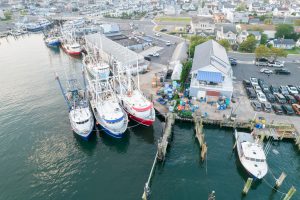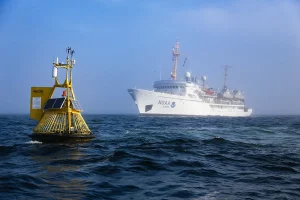
Coastal Acidification Networks declare Commitment to UN Decade OARS Programme
The Coastal Acidification Networks (CANs) collectively submitted a Commitment to the international Ocean Acidification Research for Sustainability (OARS) Programme in May 2024. OARS, a UN





